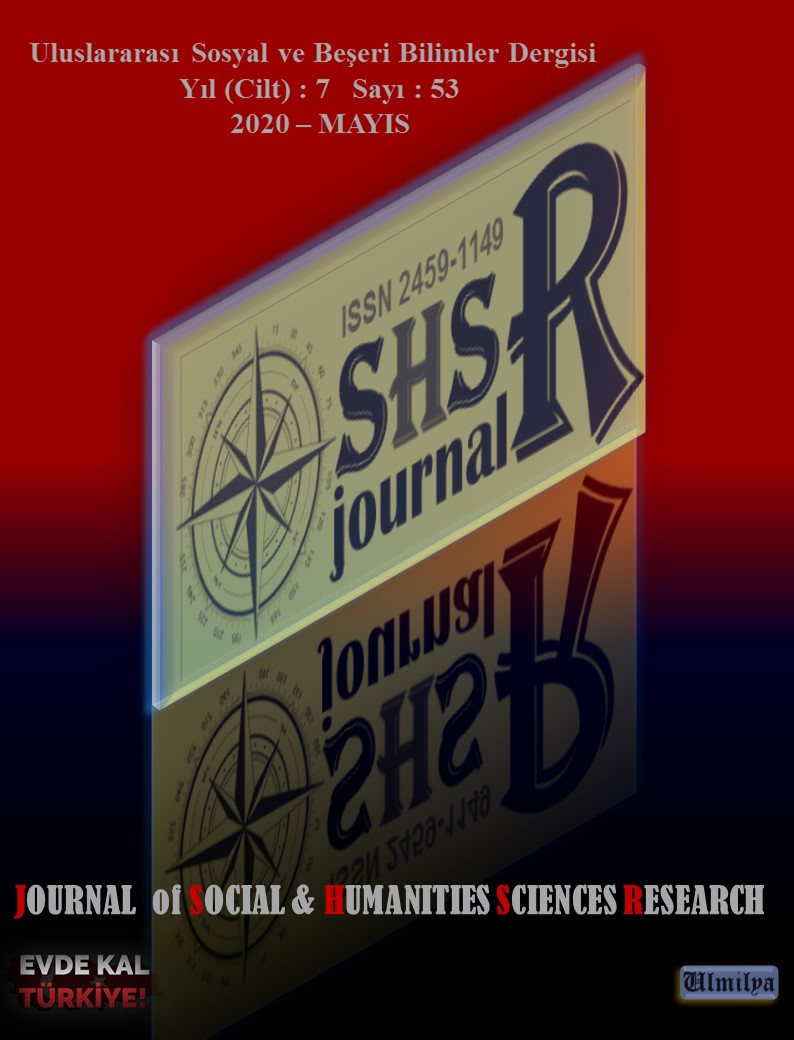INVESTIGATION OF VIOLENCE TENDENCIES OF PRIVATE SECURITY OFFICIALS ACCORDING TO THE JOB SATISFACTION LEVELS
DOI:
https://doi.org/10.26450/jshsr.1852Keywords:
Private Security Officiers, Violence, Job SatisfactionAbstract
Violence is unacceptable, no matter who it comes from or what professional business group it comes from. Private security is one of the professional groups that are more closely related to violence due to their duties. The purpose of this study is to examine the violent tendencies of private security officers according to their level of satisfaction. The method of research is the method of causal comparison of types of quantitative research. The working group comprised 148 private security guards who filled the scales fully and volunteered to participate in the research. The sample of the study is the appropriate sampling technique from non-random samples. The data were collected from the participants by the violence trend scale and the work satisfaction scale. In the analysis of the data, Average, correlation, one-way variance analysis and post-hoc. analyzes had been used. According to the results of the study, private security officers have low violent tendencies and high job satisfaction. There was a moderately negative correlation between violent tendencies and job satisfaction. There is a significant difference between the job satisfaction levels of private security officers and their violent tendencies. Participants with high job satisfaction had lower violent tendencies than participants with both moderate and low job satisfaction. In addition, the violent tendencies of private security guards with moderate job satisfaction are also lower than those of private security guards with low job satisfaction. As a result, as job satisfaction levels of private security officers increase, their violent tendencies decr
Downloads
Published
How to Cite
Issue
Section
License
Copyright (c) 2020 INTERNATIONAL JOURNAL OF SOCIAL HUMANITIES SCIENCES RESEARCH

This work is licensed under a Creative Commons Attribution 4.0 International License.


